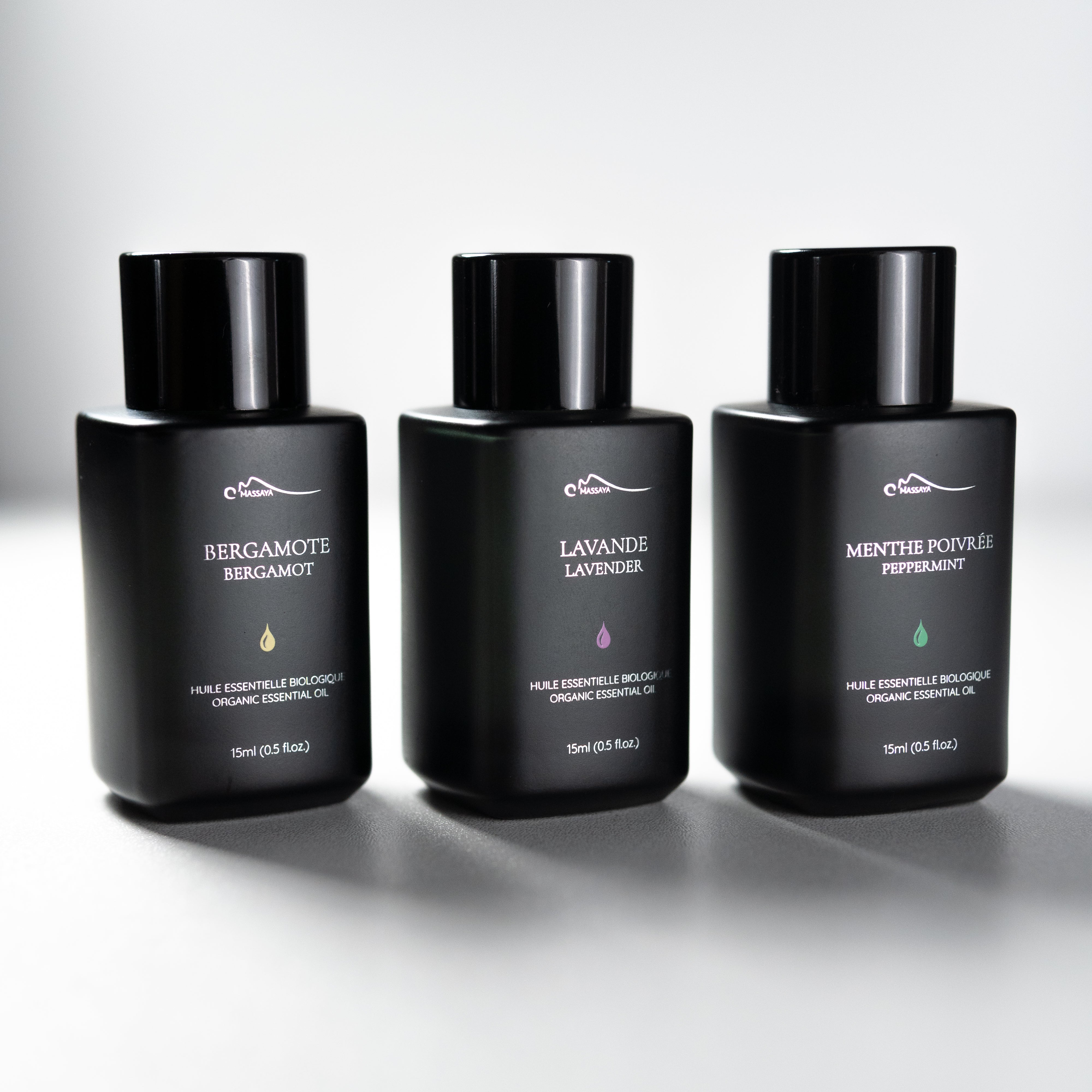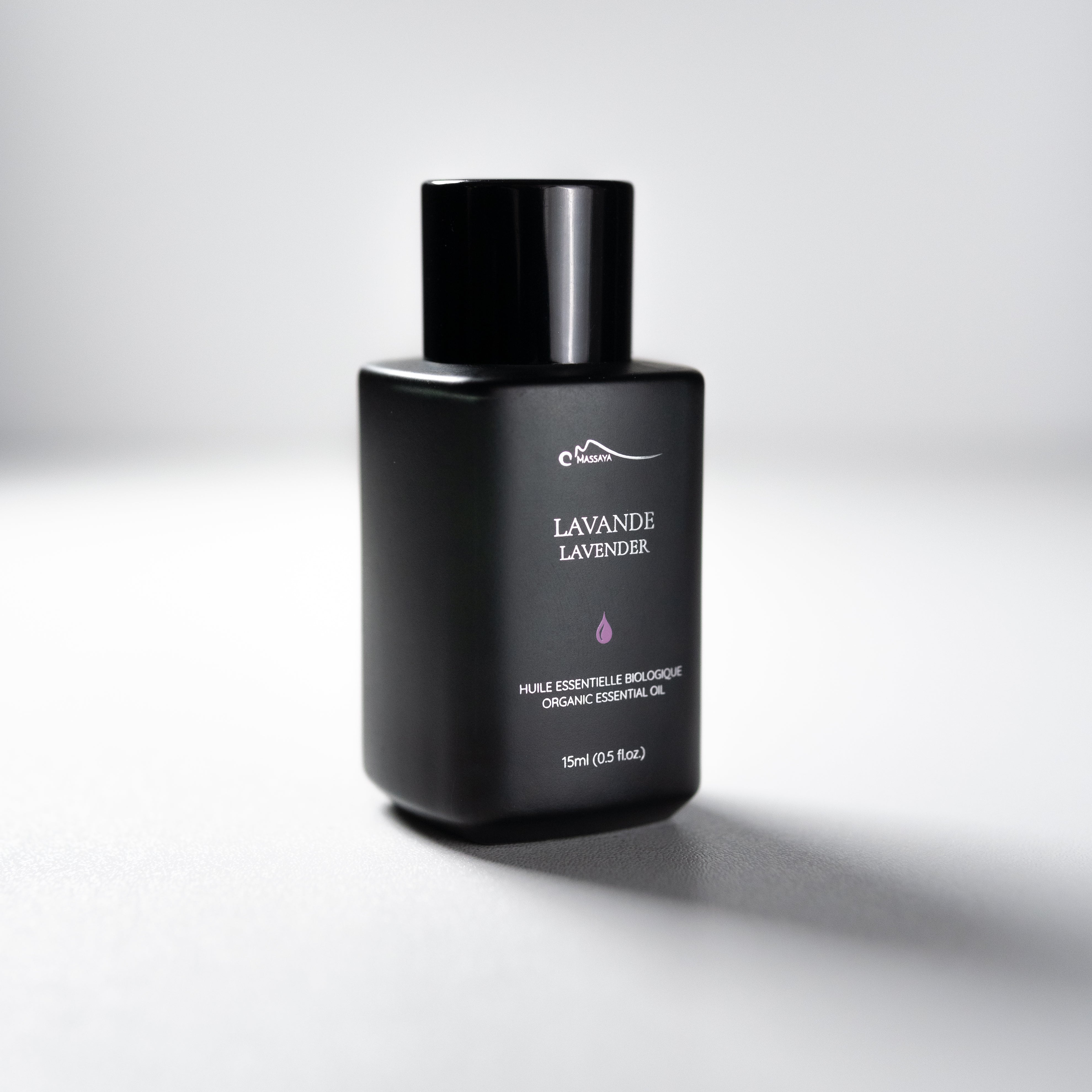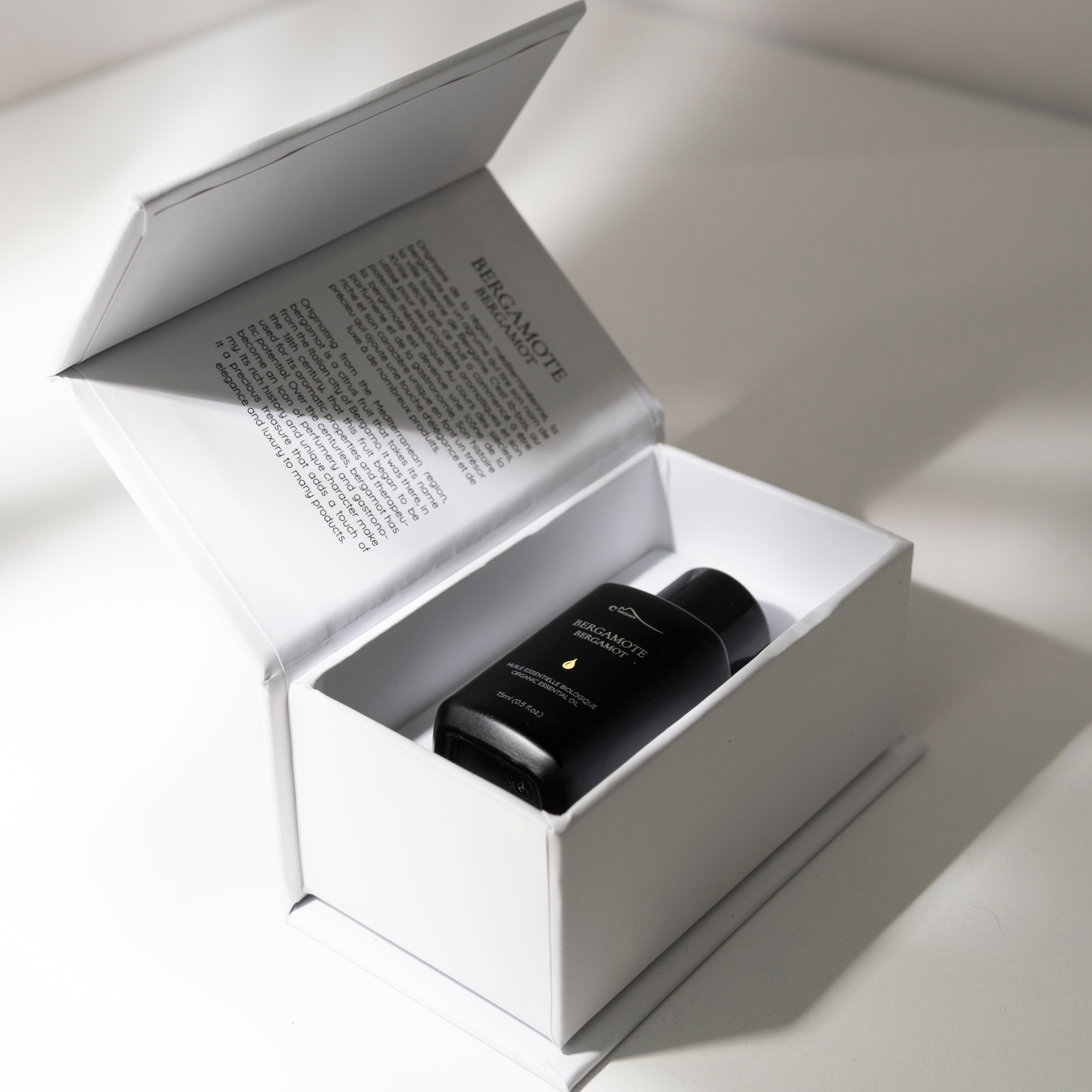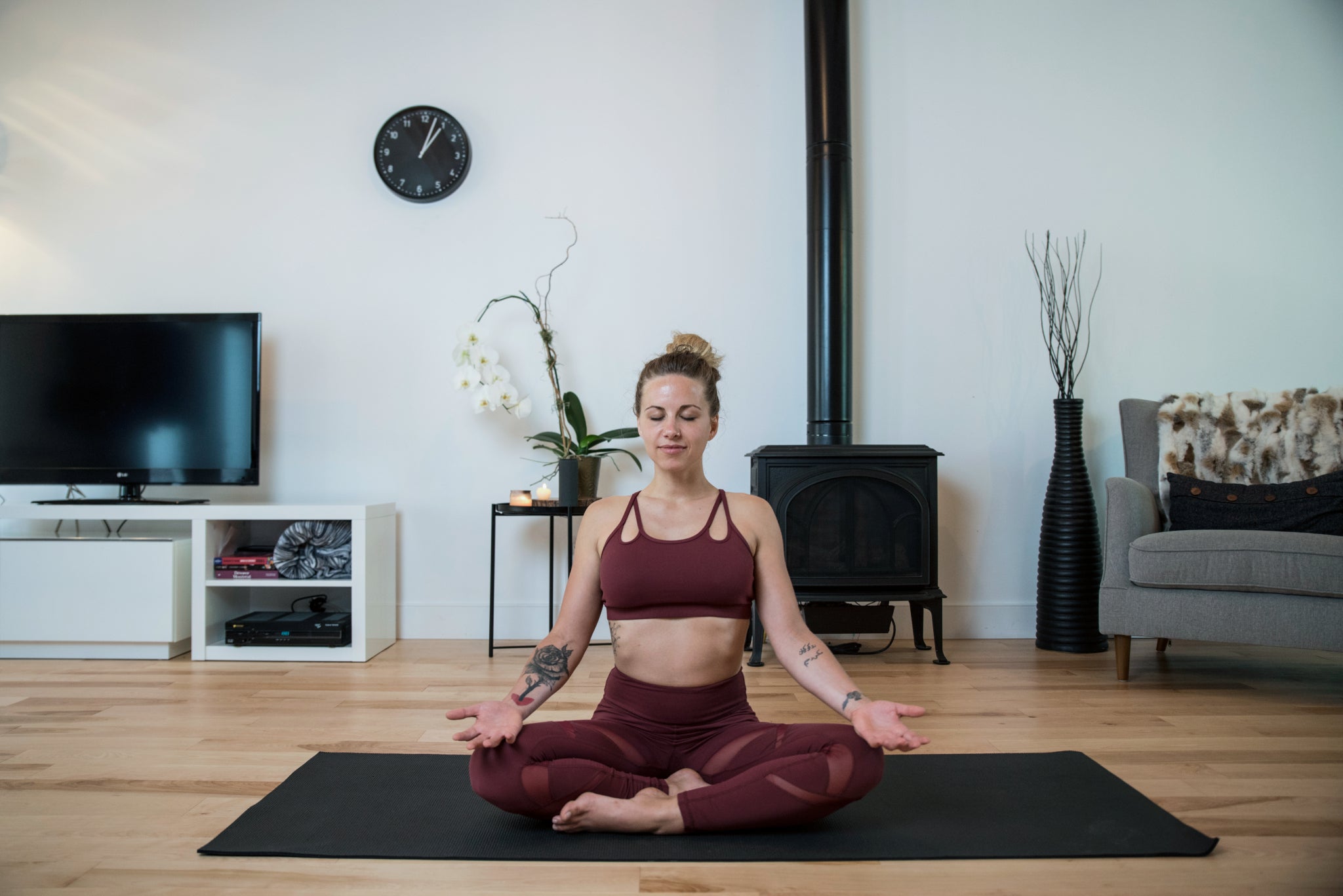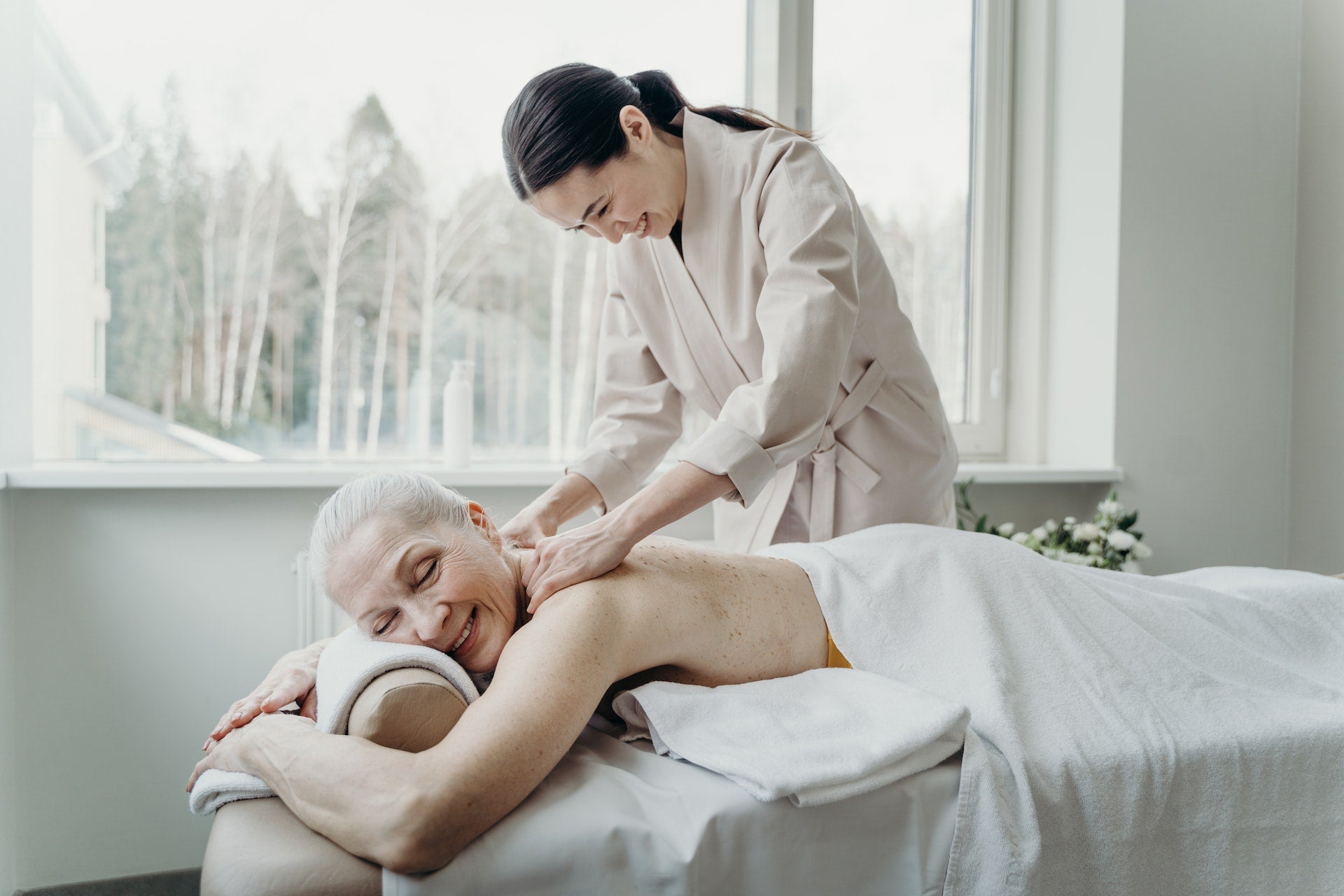
Improving Sleep Through Massage Therapy: Living in Balance
Massage therapy, as a relaxation practice, encompasses various areas of application. Among these fields, we find sleep. How can therapeutic massage influence sleep? To better understand the link between massage therapy and sleep, we offer an overview of sleep and related disorders first, followed by the impact of therapeutic massage on sleep.
Sleep and Associated Disorders
Sleep is a fundamental element for maintaining well-being, whether physical, psychological, or social. Health professionals establish a recommended amount of sleep per day for a normal individual, between 7 to 8 hours. When a person gets less sleep than this range, it's generally referred to as insomnia. In Canada, the rate of insomnia increased by 42% between 2007 and 2015. Indeed, 24% of Canadians suffer from insomnia (Jean Hamann, 2019).
Insomnia can be categorized into three levels. First, as difficulty falling asleep at bedtime (initial insomnia); next, as frequent or prolonged nighttime awakenings; finally, as waking up prematurely in the morning with an inability to fall back asleep. Insomnia can be transient, short-term, or chronic. Several factors can influence sleep, including age, gender, family history, stress, anxiety, mental hyperactivity, medications, and chronic illnesses. Given its significance, lack of sleep can lead to serious consequences such as decreased attention, irritability, and eventually, depression. To avoid this, what can be done to sleep well and stay asleep?
Therapeutic Massage as a Sleep Catalyst
To begin, it's important to note that since insomnia isn't a disease, one can't seek to cure it. Nevertheless, several solutions have been proposed to regain sleep. On one hand, medical solutions are often accompanied by undesirable side effects. On the other hand, and complementary to the former, there are massage interventions. Indeed, massage therapy offers an intervention targeting the underlying causes of sleep disorders through specific massage techniques tailored to each type and level of disorder.
Numerous studies show that massage therapy can help various groups of people regain sleep: menopausal women, those suffering from cancer, migraines, arthritis, lower back pain, and more. For instance:
• According to AQTN (2013), infant massage promotes weight gain, improves periods of wakefulness and sleep, neuromotor development, and emotional balance.
• Researchers evaluated the impact of massage on seven postmenopausal women suffering from insomnia. At the study's end, significant improvement in sleep and reduction in anxiety and depression symptoms were observed among participants (Oliveira, D. S. et al., 2011).
• A study involving fifty families with a child diagnosed with cancer who received massage reported that massage therapy provided comfort and relaxation to these children, resulting in improved relaxation and sleep quality.
• In Iran, researchers investigated whether adding massage therapy to medical treatment could impact sleep quality for 57 women with breast cancer. They concluded that massage induced relaxation and improved sleep quality (Kashani, F. et Kashani, P. 2014).
From these findings, we can say that massage therapy can play a fundamental role in sleep if administered by qualified individuals. A well-massaged person is someone renewed, viewing life more positively. By alleviating anxiety and stress, the individual becomes more predisposed to sleep. Therefore, massage, far from being just a therapeutic tool, is a well-trodden path toward well-being.
collection
Organic essential oils
